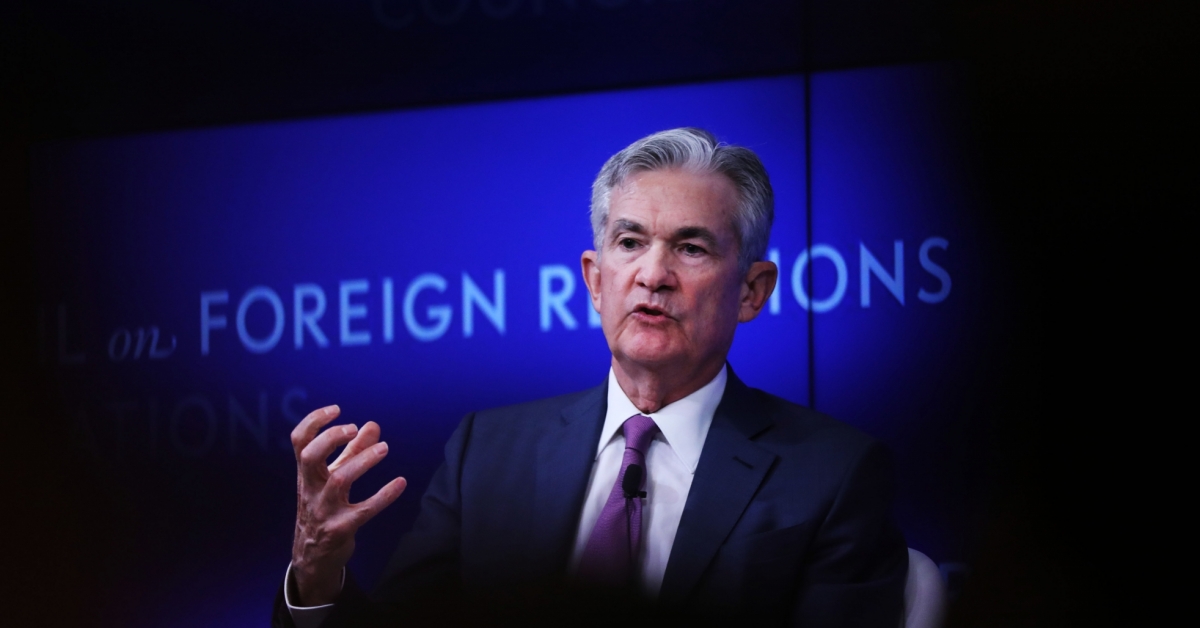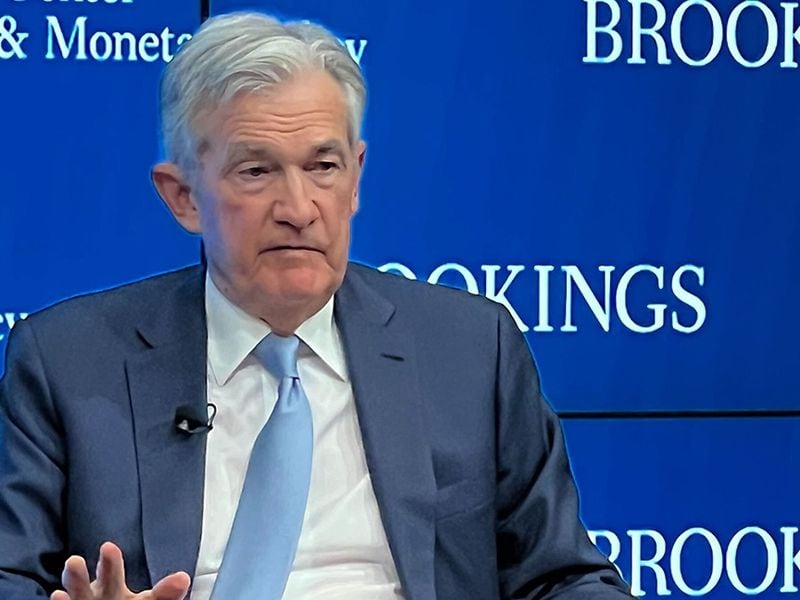The Paradox of the Bitcoin Maximalist
Bitcoin was created in response to the Great Financial Crisis as the people’s currency to bypass the manipulation and mismanagement of the financial systems by governments, financial institutions and special interest groups. And while there’s an ongoing debate on whether or not Bitcoin is highly concentrated, it is undeniable that it is becoming increasingly so with governments, ETFs dominated by financial institutions, corporations and major whales adding to their share on every price correction. Today, the top 15 holders of BTC possess about 7.5% of the total supply.
Somewhere along the way, an inherent paradox emerged within the Bitcoin maximalist community: believing in the ideals and purpose of Bitcoin, yet celebrating and depending upon the very institutions Bitcoin was built to circumvent.
Current institutional influence
So, as governments and Wall Street squeeze in on crypto and influence its volatility, while the decisions of central banks on interest rates zig-zag the price of Bitcoin in high single digits within hours, can we still walk the original path? Or are we heading toward a dead-end through excess enthusiasm?
The fact that Trump’s proposal in Nashville to make Bitcoin a strategic reserve excited the crypto community might be telling of where we’re at. Institutional activity signals “major gains” the everyday holder of Bitcoin. Promises of financial gains are overriding any allegiance to decentralized principles. There is an emanating “look the other way” that neglects the very real scenario in which Bitcoin becomes indistinguishable from a traditional financial asset.
We saw lines blur with Venezuela’s attempt to support the Bolivar with their self-created Petro-cryptocurrency back in 2018. Whilst thwarted, plenty of other power-grabbing initiatives are clearly unfolding at an alarming rate. The government of El Salvador is buying one Bitcoin a day; the FBI recently uncovered North Korea’s fraudulent social engineering schemes to steal Bitcoin from their people; U.S-based MicroStrategy holds nearly 250,000 Bitcoins.
Soon, Bitcoin may be inseparable from the influence of traditional capital markets. When the Bitcoin price moves in sync with stocks and interest rates, we’re in a dangerous place. Failure to curtail growing institutional influence on Bitcoin could result in centralized decentralized finance. Yes, in case you’ve not considered it: Ce-DeFi is a reality that we’re facing.
At ground level, this could extend to institutional influence over mining operations and node providers, undermining principles of distributed control. If corporate interests meld into blockchains themselves, not just into cryptocurrencies, ecosystems could become susceptible to
data manipulation and censorship measures. Big top-down decisions could start to compromise privacy and pseudonymity customs. Eventually regulatory advances could yield.
However, dystopia is not an inevitable outcome. The onus to act, with purpose, still lies with crypto natives, and more specifically those who claim to be Bitcoin maximalists. While institutional dominion is a problem, the more immediate problem is the lack of acceptance that Bitcoin is a people’s currency. The sooner it is accepted that Bitcoin may be treated like any other asset, the sooner that full focus can be given to maximizing its value for everyone. If global crypto adoption is to truly manifest, minds must change and grassroots action must be taken.
Crypto investors, innovators, and influencers must recognize their power. Their decisions can greatly influence the market in ways that extend beyond their investments. Through the projects they interact with, the way they talk about crypto, and the information that they seek and share, Bitcoin’s sovereign potential can still be championed. Open-source initiatives that target core communities must be propagated sufficiently. Those such as the OpenSats Education Initiative, a grant-oriented scheme that delivers educational content for all levels of expertise, encourage people to obtain knowledge rather than chase profits. It is ultimately the expansion of knowledge that will birth new innovative utilities of Bitcoin and drive its value to a greater degree than investment can.
In placing open-source projects at the front and center, blockchain technology is kept accessible to everyone, in spite of rising institutional investment. Crypto enthusiasts and everyday investors will always maintain sovereignty over the initiatives that they engage with. They must thus be diligent in favoring those that promote decentralized principles.
Expanding decentralized governance
Decentralized governance as a notion is the most transformative quality of blockchain technology. Of course, the intended revolution is centered in finance, but the industry must not pass on the chance to change how systems are governed. In fact, the risk of institutions dominating Bitcoin should inspire the community to double-down on innovating governance models. This could include more participation in Bitcoin Improvement Proposals (BIPs), where anyone can propose changes to the Bitcoin protocol. Individuals must use their power to influence decisions as often as possible.
Social media’s ability to influence public opinion has to be leveraged persistently. Popular crypto influences have to take responsibility for the content they create. It must increasingly emphasize Bitcoin’s decentralized, censorship-resistant origins. Audiences should be constantly reminded that Bitcoin is a tool for financial freedom, not profit maximization. Strengthening values that naturally repel institutionalized control will drive people to seek more fervently the
regulatory protection of Bitcoin. Policymakers can be influenced to oppose regulations that give excessive power to centralized entities. Using social media to spark discussions that uphold cultural values will affect regulatory advances.
It’s clear that the rising influence of major institutions over Bitcoin warrants deeper reflection. While their involvement may appear to validate crypto’s growing legitimacy, we must ask at what cost we cosign this narrative. Short-term gains are exciting for retail investors, but the current path leads to murky waters. The once-revolutionary, people-power asset now risks becoming a tool for the financial elite. If we aren’t careful, the spirit of self-sovereignty will lose face, corrupted by the corporations it was designed to circumvent. The time to act is now.
Note: The views expressed in this column are those of the author and do not necessarily reflect those of CoinDesk, Inc. or its owners and affiliates.
Edited by Benjamin Schiller.
Disclosure
Please note that our
privacy policy,
terms of use,
cookies,
and
do not sell my personal information
has been updated
.
CoinDesk is an
award-winning
media outlet that covers the cryptocurrency industry. Its journalists abide by a
strict set of editorial policies.
In November 2023
, CoinDesk was acquired
by the Bullish group, owner of
Bullish,
a regulated, digital assets exchange. The Bullish group is majority-owned by
Block.one; both companies have
interests
in a variety of blockchain and digital asset businesses and significant holdings of digital assets, including bitcoin.
CoinDesk operates as an independent subsidiary with an editorial committee to protect journalistic independence. CoinDesk employees, including journalists, may receive options in the Bullish group as part of their compensation.
:format(jpg)/author-service-images-prod-us-east-1.publishing.aws.arc.pub/coindesk/646a32fc-efe3-47c7-81d4-6d3c6805f71a.jpg)
Jason Dehni is the co-founder and group CEO of Credbull, a leading DeFi platform offering structured high fixed yield solutions in SME private credit. Jason has over 25 years of senior management experience in asset management, private banking, SME lending, insurance, risk management, and crypto.








